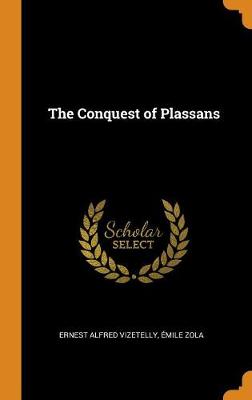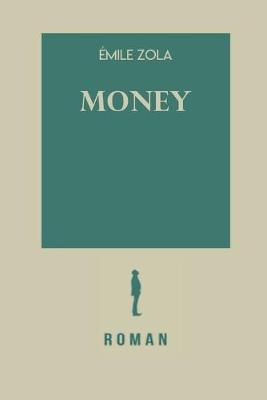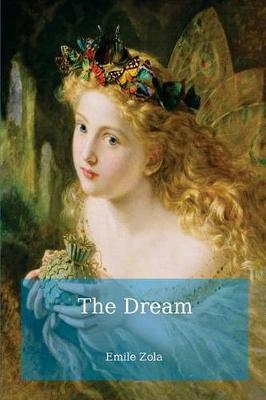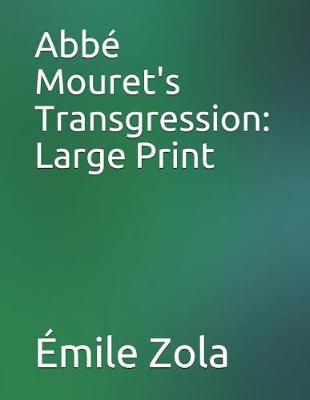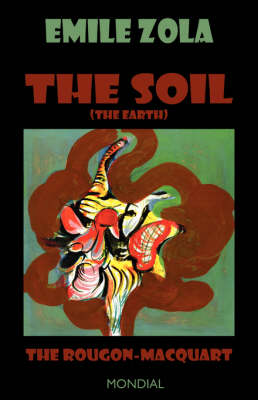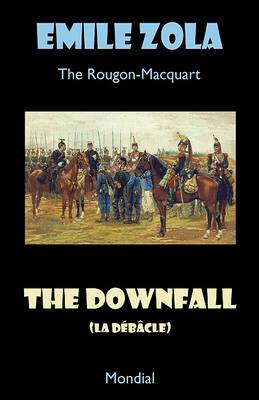The Rougon Macquart
2 primary works • 9 total works
Book 6
His Excellency Eugene Rougon (1876) is the sixth novel in Zola's twenty-volume Rougon-Macquart cycle. A political novel set in the corridors of power and in the upper echelons of French Second Empire society, including the Imperial court, it focuses on the fluctuating fortunes of the authoritarian Eugene Rougon, the 'vice-Emperor'. But it is more than just a chronicle. It plunges the reader into the essential dynamics of the political: the rivalries, the scheming, the
jockeying for position, the ups and downs, the play of interests, the lobbying and gossip, the patronage and string-pulling, the bribery and blackmail, and, especially, the manipulation of language for political purposes. The novel's themes-especially its treatment of political discourse-have remarkable contemporary
resonance. His Excellency Eugene Rougon is about politics everywhere.
Book 20
The arrival of Abbe Faujas in the provincial town of Plassans has profound consequences for the community, and for the family of Francois Mouret in particular. Faujas and his mother come to lodge with Francois, his wife Marthe, and their three children, and Marthe quickly falls under the influence of the priest. Ambitious and unscrupulous, Faujas gradually infiltrates into all quarters of the town, intent on political as well as religious conquest. Intrigue, slander, and
insinuation tear the townsfolk apart, creating suspicion and distrust, and driving the Mourets to ever more extreme actions.
The fourth novel in Zola's Rougon-Macquart sequence, The Conquest of Plassans returns to the fictional Provencal town from which the family sprang in The Fortune of the Rougons. In one of the most psychological of his novels, Zola links small-town politics to the greater political and national dramas of the Second Empire.
ABOUT THE SERIES: For over 100 years Oxford World's Classics has made available the widest range of literature from around the globe. Each affordable volume reflects Oxford's commitment to scholarship, providing the most accurate text plus a wealth of other valuable features, including expert introductions by leading authorities, helpful notes to clarify the text, up-to-date bibliographies for further study, and much more.
Aristide Rougon, known as Saccard, is a failed property speculator determined to make his way once more in Paris. Unscrupulous, seductive, and with unbounded ambition, he schemes and manipulates his way to power. Financial undertakings in the Middle East lead to the establishment of a powerful new bank and speculation on the stock market; Saccard meanwhile conducts his love life as energetically as he does his business, and his empire is seemingly unstoppable.
Saccard, last encountered in The Kill (La Curee) in Zola's Rougon-Macquart series, is a complex figure whose story intricately intertwines the worlds of politics, finance, and the press. The repercussions of his dealings on all levels of society resonate disturbingly with the financial scandals of more recent times. This is the first new translation for more than a hundred years, and the first unabridged translation in English. The edition includes a wide-ranging
introduction and useful historical notes.
ABOUT THE SERIES: For over 100 years Oxford World's Classics has made available the widest range of literature from around the globe. Each affordable volume reflects Oxford's commitment to scholarship, providing the most accurate text plus a wealth of other valuable features, including expert introductions by leading authorities, helpful notes to clarify the text, up-to-date bibliographies for further study, and much more.


